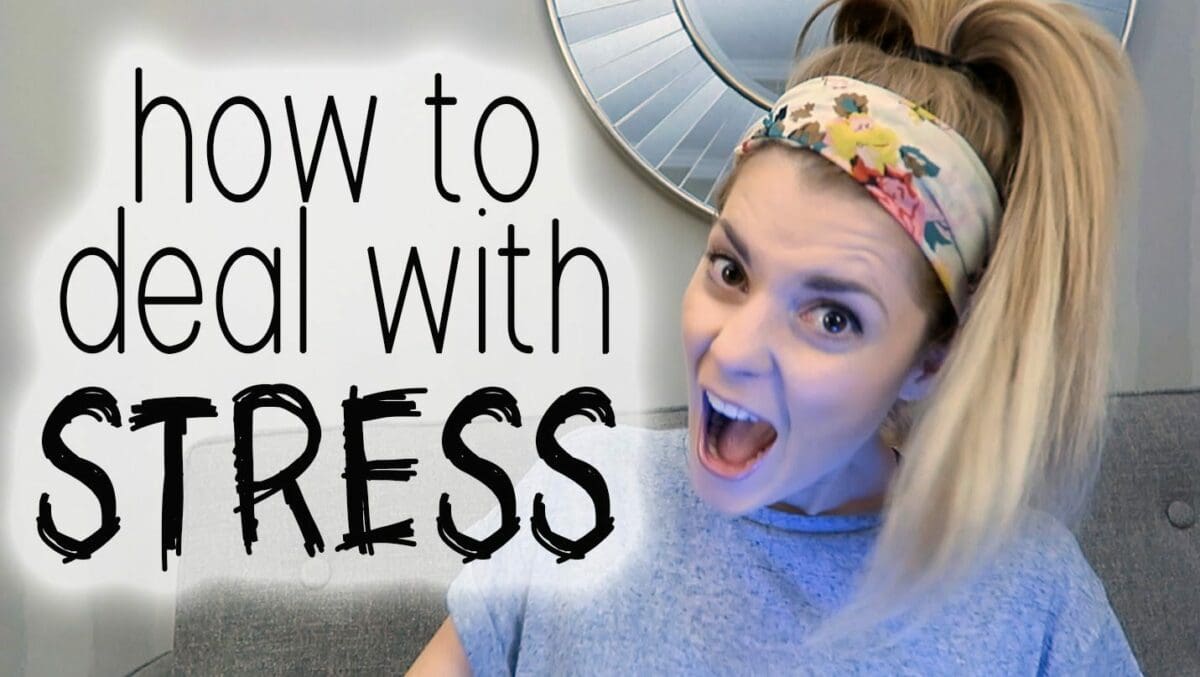
Learning A Balance Of Attitude
February 19, 2018 in Be Positive
 This semester, I joined a new student organization at the University of Pittsburgh called Creative Minds Driven to Overcome (CMDO). I had the idea that service should be a fun, enjoyable experience for people to have and knew that a lot of students saw it as a chore instead. This philanthropy-based club has a carefree nature and emphasis on education and fun. Essentially, we hold events that the members are interested in and raise money to donate to a cause that the members choose.
This semester, I joined a new student organization at the University of Pittsburgh called Creative Minds Driven to Overcome (CMDO). I had the idea that service should be a fun, enjoyable experience for people to have and knew that a lot of students saw it as a chore instead. This philanthropy-based club has a carefree nature and emphasis on education and fun. Essentially, we hold events that the members are interested in and raise money to donate to a cause that the members choose.
But as much as I am excited and passionate about building this new project, I am just as nervous and pessimistic about it. What if we raise no money? What if no one joins? No one is going to join and we aren’t going to raise any money. No one is going to come to our events. This club is going to be a failure and disappear after I graduate.
Except we’ve already held a very successful event this semester. Despite this success, I still think no one is going to join the club and that we won’t raise any more money than we already have.
This negative thinking is something that is harmful for my mental health—but in a way, it drives me to work harder with the rest of the club’s members and increase the chances of CMDO’s success even more.
If I have enough resilience, thinking negatively can be one way I exercise that resilience and develop the skill of not being disappointed if or when life circumstances don’t turn out to be successful. However, if I don’t have that enough resilience, negative thoughts can also become a barrier for me to achieving your goal. For example, I could be so pessimistic about an event that I prevent it from being successful because I believe it won’t be successful. (This is called a “self-fulfilling prophecy.”)
On the other hand, being positive has many ups and downs as well. Someone who is too positive may get too confident and not put enough work into something to make it successful. Staying positive can also be motivational and help someone put more energy into their project. After a failure, utilizing positivity is very important. Staying positive after a stumble is essential for continuing on your journey to achieving what you want and learning from your mistakes.
It matters how you identify and respond to your positivity and negativity. I’m still trying to figure out how to balance these for my organization.
Hopefully, this blog helped you think about your positive and negative thoughts and how they affect your behavior. What are some ways you can become overly positive or negative about your endeavors? What does resilience really feel like to you?




Recent Comments